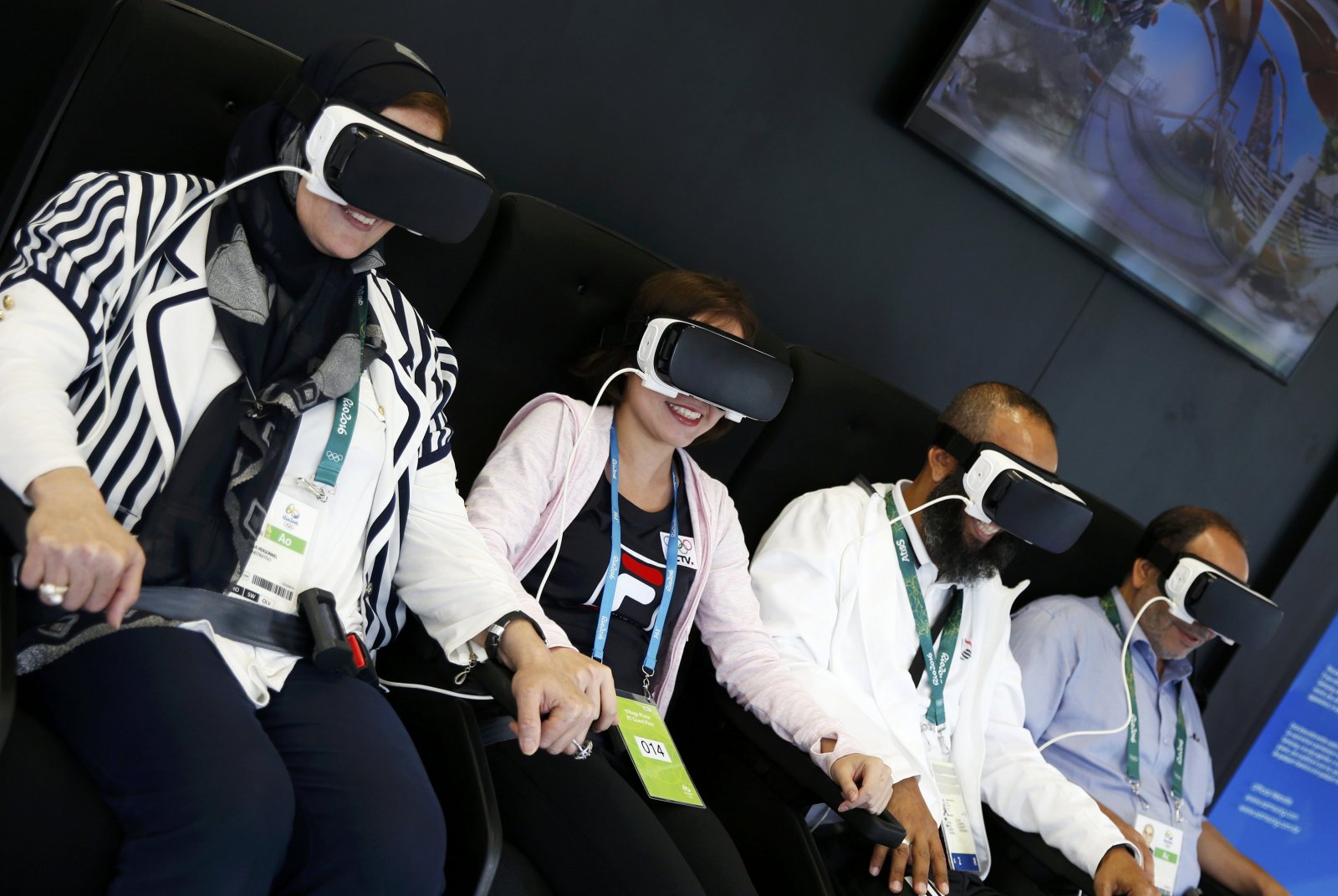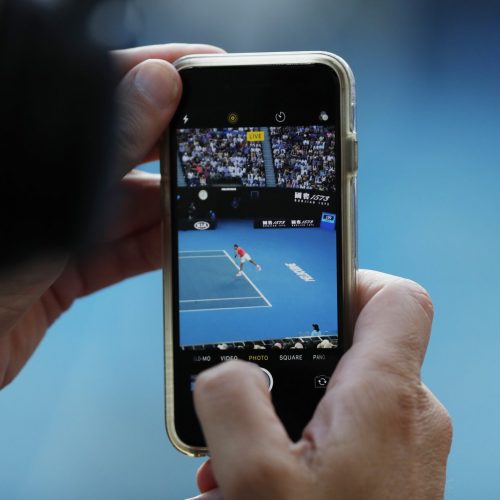How VR Will Impact the Sporting Landscape In The Future
With the recent surge of popularity for Virtual Reality technology, more and more people are beginning to use the technology for more than just gaming and gimmicks.
Live VR events have completely changed the way that people experience entertainment. While this technology may be relatively new, it could affect the sporting landscape in the near future. From live events to athletic training, VR offers a host of possibilities for fans and athletes.
But will VR in sport prove just to be a gimmick, or will it change the face of the sporting landscape as we know it?
New Training Possibilities
VR training has been in use in other sectors in a number of years. However, with technology becoming more advanced and readily available, it’s clear the technology can be used for athletic training. One of the best features of VR is that it can be used in any location and any weather, and this provides year round training possibilities compared to traditional training, where adverse weather conditions impact sessions.
But whilst VR can be used to improve reflexes, increase focus and spatial awareness, all crucial strengths of great athletes, it can also be used from a tactical perspective. Coaches can use VR platforms to run through simulations of tactics or plays which will be used during games. This is especially useful for sports such as Rugby or American Football, where teamwork is paramount. While VR will never replace physical training, it provides a unique opportunity to develop a new side of sports training.
Changing Home Viewing
These days, the majority of sports fans will watch events from the comfort of their own home. Paid TV services like Sky Sports and BT Sport have proven popular for those that cannot attend sporting events on a regular basis. However, with the rise of live VR events, the nature of at-home viewing could change drastically. Using a live feed from the match itself, a viewer can use a VR headset to experience the match live as if they were there. This creates a completely different atmosphere to watching events on TV at home.
As technology improves, VR will become more and more realistic, providing a completely new opportunity for spectators and event providers alike. We could even see new business models arising, focused around live VR events and similar to pay per view football matches or boxing bouts. This could open up an entirely new market for VR and for sports fans alike.
The Impact Of Ticket Sales
With live VR sporting matches a real possibility in the future, what will be the impact of traditional ticket sales?
Initially, live VR events in sport will not have a high demand. Prices for VR headsets are still high, and the additional cost to experience the match will add up over time. However, as technology improves and manufacturing processes become more efficient, prices will inevitably become more affordable. That’s when we could potentially start to see an impact on ticket sales. If people can experience a match in VR without having to leave their home, then they may not consider attending matches in person altogether.
But that’s an extreme possibility. No matter how realistic VR is, it can never replace the atmosphere of a real sporting match: the roar of the crowd, the electric buzz as your favourite player scores a goal. This atmosphere simply cannot be replicated in VR.
Virtual Crowds
But one further point to consider is, if live VR starts to become popular, will sportspeople begin playing for virtual crowds? Although the sport would remain the same, the atmosphere would be different – and instead of thousands of fans chanting their names, all they would see is thousands of VR cameras following their every move. This may, in turn, cause some to question why they are playing a sport for a crowd that doesn’t even want to watch the match in person.
And then there’s also the issue of sponsorship deals. With less people watching on TV and in person, would traditional sponsors be replaced with VR sponsors? This could lose brands millions, and completely change the face of traditional sporting matches. But of course, this also creates a brand new market for sponsorships within VR and huge disruption to the current sponsorship models.
Overall, VR has the potential to change the way we view and experience live sporting events. However, with VR still being in its infancy, it will be a long time before we begin to see these changes having a large effect on traditional sporting events.
This is agueset post by Aron Blair, a Digital Marketing professional combining his passion of sports with digital technology. You can connect with him on Linkedin: https://www.linkedin.com/in/aronblair/
You might also like
Mallory Group Launches White Paper on the ‘New Normal’ for Sports Rights Holders
Sport is proving to be one of the high-profile business casualties of the Covid-19 pandemic. However, its slow and structured return will be a key factor in life entering the
The seven essentials for achieving successful sports branding
By Daniela McVicker When it comes to sports, great branding is a must. Your brand influences how people see your company or team. It helps you to forge connections with
Live Chat: A New Social Experience in Sports
Article written by John S. Kim, CEO and co-founder of global API company SendBird Social media rose to prominence throughout the world due to its potential for connection. Social channels provided the








